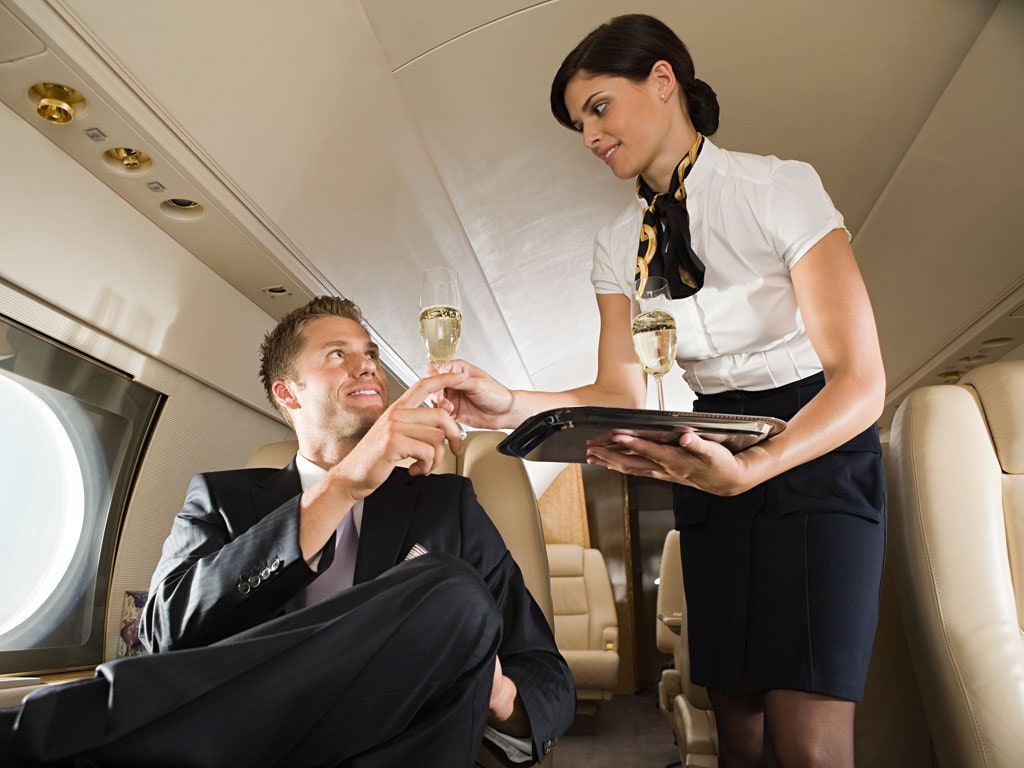The interconnectedness of the modern world means that global trends are having a profound impact on various industries. For those in or entering the hospitality, aviation, and cruise sectors, understanding these influences is key to navigating today’s evolving job market. Let’s delve into the latest developments shaping these three critical sectors.
1. Hospitality: Embracing a New Era
The hospitality industry, encompassing hotels, resorts, and dining establishments, is currently experiencing several notable shifts:

a. Economic Pressures and Recovery: The global economy is showing signs of uneven recovery from the COVID-19 pandemic. Consequently, inflation and fluctuating currency values are affecting travel and leisure spending. However, despite these challenges, pent-up travel demand is fueling growth in certain regions. As a result, there has been a surge in hospitality jobs in popular destinations.
b. Technological Integration: Additionally, the post-pandemic world has accelerated the adoption of technology in hospitality. Innovations such as contactless check-ins, AI-powered guest services, and smart room technology are becoming standard. According to recent industry reports, there is therefore a growing need for tech-savvy professionals who can manage and implement these technologies effectively.
c. Sustainability Focus: Furthermore, as climate change becomes a more pressing issue, the hospitality industry is increasingly committed to sustainability. Hotels and restaurants are investing in green technologies and practices, from energy-efficient systems to zero-waste initiatives. This trends is consequently creating a demand for roles related to environmental management and sustainable operations.
2. Aviation: Adapting to a Transformative Era
The aviation sector, essential for global travel and trade, is undergoing significant changes driven by recent trends:

a. Post-Pandemic Adjustments: Firstly, the aviation industry continues to recover from the pandemic’s impact. Despite increased passenger numbers, the sector is facing challenges such as staff shortages and supply chain disruptions. Recent reports indicate that airlines are thus struggling to fill positions, from pilots to ground staff, making it a promising time for job seekers with the right skills.
b. Sustainable Aviation: Moreover, the push for sustainability is transforming aviation. The International Air Transport Association (IATA) has highlighted the importance of developing more fuel-efficient aircraft and alternative fuels. Innovations like electric and hybrid planes are being explored, creating new opportunities in aerospace engineering and sustainable aviation technology.
c. Geopolitical and Regulatory Changes: Additionally, geopolitical tensions and shifting regulatory landscapes are affecting international air travel. The recent rise in global political instability and changes in travel regulations due to security concerns and environmental policies are impacting airline operations and international routes. Therefore, adaptable and informed professionals are needed.
3. Cruise Industry: Navigating a Changing Landscape
The cruise industry, known for its luxury travel experiences, is also facing significant changes:

a. Health and Safety Evolution: The cruise industry has been profoundly affected by health and safety considerations. Recent developments include stricter health protocols and the integration of advanced medical technologies on board. Consequently, cruise lines are enhancing their sanitation measures and health screening processes, leading to new job roles focused on health management and safety compliance.
b. Environmental Responsibility: Furthermore, the cruise sector is under increasing pressure to reduce its environmental footprint. The International Maritime Organization (IMO) has set ambitious targets for reducing greenhouse gas emissions from ships. This shift is therefore driving investments in cleaner technologies and sustainable practices, creating roles in environmental compliance and green technology within the industry.
c. Changing Consumer Expectations: Moreover, consumers are seeking more personalized and unique cruise experiences. There is a growing trend towards expedition cruises and themed voyages, such as those focusing on cultural experiences or adventure travel. This shift is consequently creating demand for specialized roles in cruise planning, guest experience management, and on-board entertainment.
Looking Forward
As we navigate these global trends, the hospitality, aviation, and cruise industries must remain agile and responsive. For professionals and job seekers, staying updated on industry developments and acquiring relevant skills will be essential for success. Embracing technological advancements, understanding regulatory changes, and adapting to new consumer preferences will be key to thriving in this dynamic environment.
By staying informed and proactive, individuals can turn these global challenges into opportunities for growth and innovation in the vibrant world of travel and hospitality.
Visit our partner site for more info : Diigo And Strikingly
FOLLOW US: